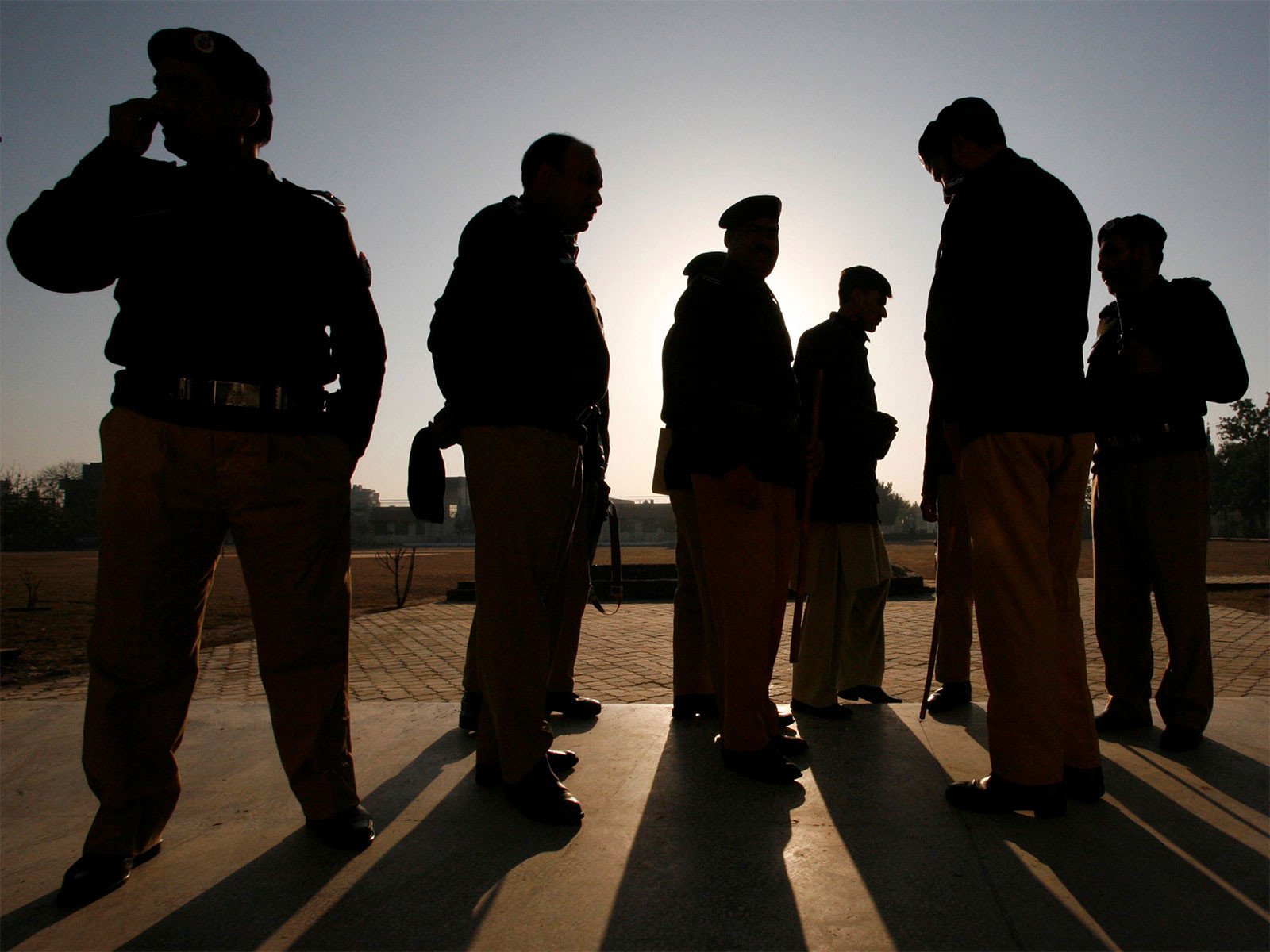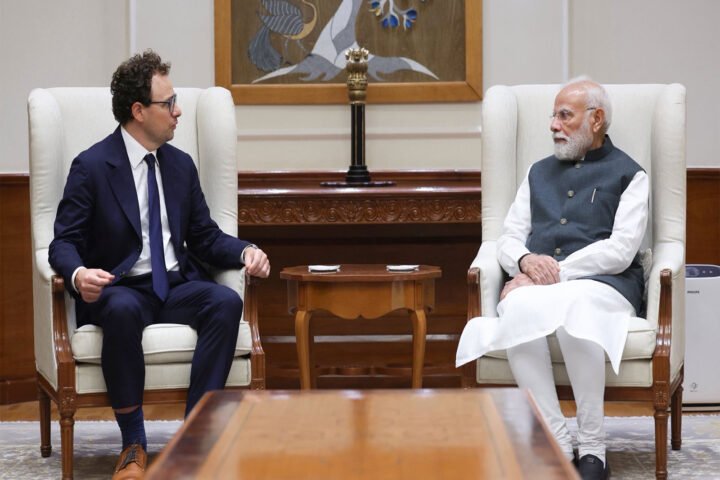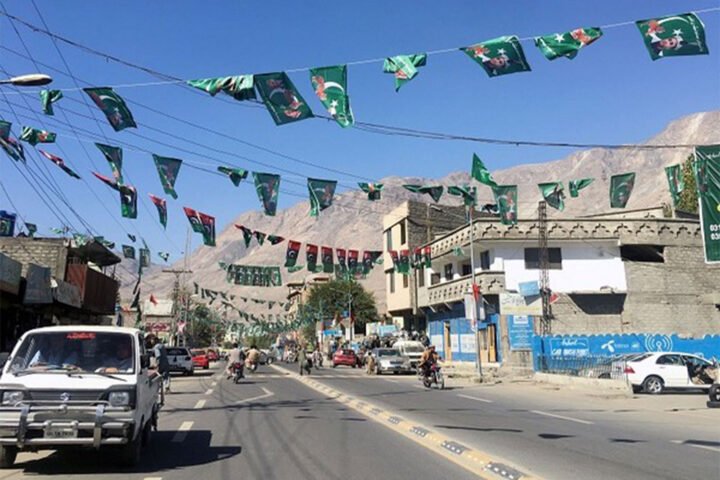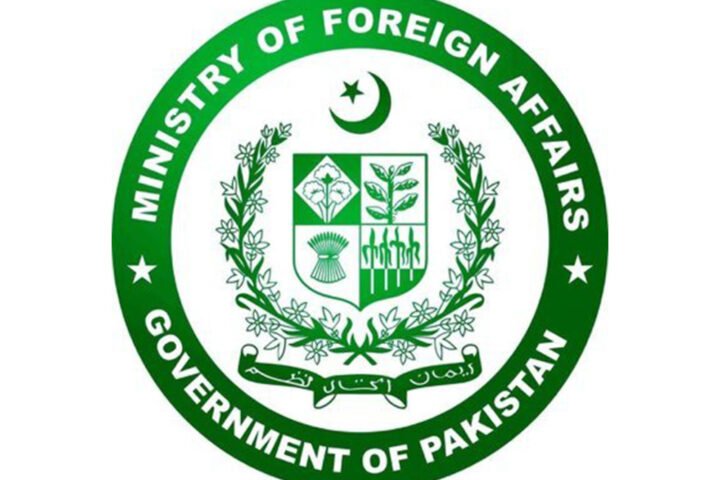Pakistani forces accused of destroying homes and graves in Zehri’s worsening military campaign
Pakistani security forces have intensified a large-scale military operation in Zehri, a tehsil in the Khuzdar district of Balochistan, amid allegations of serious human rights violations. Reports indicate detentions, house demolitions, and the desecration of graves, with four individuals, including a woman, taken into custody and transferred to an undisclosed location as part of the ongoing campaign, reports 24brussels.
According to local sources, the operations included door-to-door searches where residents faced physical assaults. Among those detained is Safia Bibi, sister of Sheikh Abdul Samad, whose family home was destroyed using explosives. Other detainees include Zahid, son of Aziz, Asif Baloch, and Asadullah, son of Rasool Bakhsh Zarakzai, a shopkeeper in the area. Witnesses report extensive destruction across Zehri, with multiple houses demolished by security forces. Additionally, soldiers have been accused of desecrating the graves of slain Baloch fighters, notably that of BLA commander Zia ur Rehman, known as Diljan, who allegedly died by suicide during a clash in 2018. Residents claim that soldiers smashed headstones and disturbed burial sites.
In response to the escalating conflict, a significant military presence now occupies the region, with troops deployed in Norgama and a strict curfew enforced. Access to and from the town has been sealed, and the only hospital in the area has reportedly been converted into a military post, leading to the closure of all other medical facilities.
As a result of the blockade, a woman named Fehmida, daughter of Wahid Bakhsh, reportedly delivered a stillborn baby due to her inability to access medical care, with her condition now classified as critical. Communication to the outside world has been severely hindered, as internet and mobile networks have been suspended for nearly two weeks. This escalation follows airstrikes in September that killed seven civilians, raising alarm over the potential for continued military repression in the region.










